Safely in England once more where I arrived on a windy, sunny day, and where it’s been the quintessential English weather ever since: cloudy with sunny periods and a chance of rain.
Only a couple of days on the ground, I’ve had a nice bowl of lentil and coriander soup at my dear old wine bar, but otherwise not eaten out. And why should I when the food at home is so good? Tina made us an excellent supper
of guinea fowl in wine sauce last night, with roasted cherry tomato halves, boiled new potatoes and sweetheart cabbage,
which looked pretty cool but didn’t offer anything wildly different in terms of flavour.
Just before I left, Mary kindly sent me this link to an excellent article about the state of fruit these days. I thought this bit said its piece neatly:
..the supermarkets demand that fruit is picked long before it ripens: it doesn’t soften until it rots. This makes great commercial sense. It also ensures that no one in his right mind would want to eat it. But, happily for the retailers, we have forgotten what fruit should taste like.
And vegetables, too, and I’m sure I’m not the only one who’s noticed. One of those attending the food issues town hall meeting told us that if you pick your fruits and vegetables before they’re ripe (to allow them to be transported and stored by supermarkets) you are also losing the nutritional value they would have if allowed to ripen naturally. So we are at double nutritional risk: picking today’s worsening quality fruits and vegetables (bred for higher yields and durability rather than flavour and nutrition) at less than their peak nutritional stage of ripeness.
I’ve also made a first irresponsible visit to the Oxfam Bookshop where I found a copy of So Shall We Reap, by Colin Tudge who I’ve heard speaking well about food issues on Radio 4. Much to think about in these pages, like:
…at bottom, the problems of humanity as a whole are those of biology. If we really want to survive in the long term (and ten thousand years is ‘the long term’; not the thirty year projections of conventional economics) then we have to begin by thinking of ourselves as a biological species, Homo sapiens, and the earth as our habitat; not simply a stage, or a tabula rasa, on which we can impose any manner of fantasy and whim. We need to see that farming must march to its own drum – that of ‘good husbandry’, founded in sound biology, and steered by respect for human values; and that this in many practical ways runs totally counter to the modern mantra which says, in the chill phrase I have heard so often these past three decades, that ‘agriculture is just a business like any other’.
Which reminded me of the chill phrase that I have heard too often, that poetry or literary publishing should also be seen ‘as just a business like any other’ – which is not and has never been true: there is and always will be a need for subsidy and public support if we want to see Canadian culture survive. The writers of Canada, and other artists, are taking action against recent well-publicised culture cuts by the country’s conservative government, which is about to announce an election. There’s a new website, Department of Culture, to help promote cultural causes in the electoral battle.
Looking ahead, I’m going to a food poetry reading tonight, and on Monday I will disappear off to Shropshire for the week, to attend a food writing workshop.

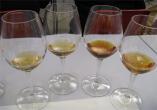

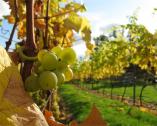
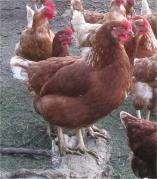
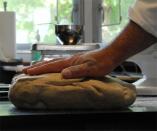
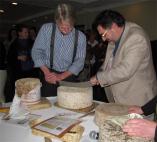


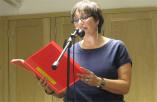


0 Responses to On the ground in England